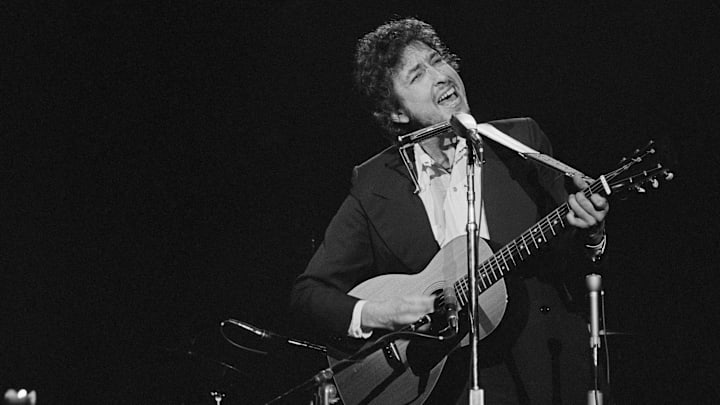“The Wreck of the Edmund Fitzgerald” by Gordon Lightfoot (1976)
Lightfoot had been a beloved singer-songwriter in his native Canada for more than a decade before he made his mark south of the border in the USA. He was the Canadian version of the next Dylan. In fact, one of his first major successes in Canada was a cover of Dylan’s “Just Like Tom Thumb’s Blues.” He had his first major success in the USA in 1070 with “If You Could Read My Mind,” and a few years later hit the top of the pop charts with “Sundown.”
He didn’t quite get there with what would become his best-known song. “The Wreck of the Edmund Fitzgerald” stalled out at numbertwo behind Rod Stewart’s banal seduction song “Tonight’s the Night.” This only goes to show that boring sex beats spectacular death every time.
Lightfoot tells the story of an actual shipping disaster that he had read about the previous year with remarkable clarity and a cinematic sense of narrative drive. He moves effortlessly from the personal and specific – “When suppertime came, the old cook came on deck saying ‘fellas, it’s too rough to feed ya’ – At seven PM, the main hatchway gave in, he said ‘fellas, it’s been good to know ya” to deeper existential questions - “Does anyone know where the love of God goes when the waves turn the seconds to hours.”
And with many of the songs on this list, Lightfoot builds his music on his rather simple 12-string guitar riff but adds to it with electric guitar and especially with Gene Martynec’s synthesizer, which swirls around the melody with increasing ferocity as the storm builds.
And now, because I feel guilty about including a song (“Return of the Grievous Angel”) that I admitted was more country than folk, I’ll give you one bonus….
“Clay Pigeons” by Blaze Foley
I don’t have a year for this because it was not formally released in the 1970s, though that's when Foley wrote and began performing it. You had to be in a pretty close circle of country folk singers to have known exactly who Blaze Foley was back then. He had an uneasy friendship with Townes Van Zandt and an uneasy relationship with the attention that every so often looked in his direction, then looked away.
This song, which is probably his best known, didn’t really register in the public’s consciousness until John Prine covered it on his 2005 album Fair and Square. And, in a bit of trivia that encapsulates Blaze Foley’s life and career better than anything I can think of, Prine, who knew Foley, had no clue that he had written the song when he first heard someone singing it.
Foley was long gone by that point, a victim of a gunshot while trying to break up a fight in 1989. He was 39. In the intervening years, both live and studio recordings of Foley's quirky, empathetic voice have come to light, and in 2018 Ethan Hawks wrote and directed a fine biopic called Blaze. “Clay Pigeons” is a deceptively intricate song, both musically and lyrically – dealing in fine folk tradition with the ability to rebound from the body blows life deals us.
Folk music always had a propensity for elevating the common man – from sweet baby James, alone in his saddle, to the narrator of “Clay Pigeons,” riding the bus next to a “lady with two or three kids” toward salvation.
